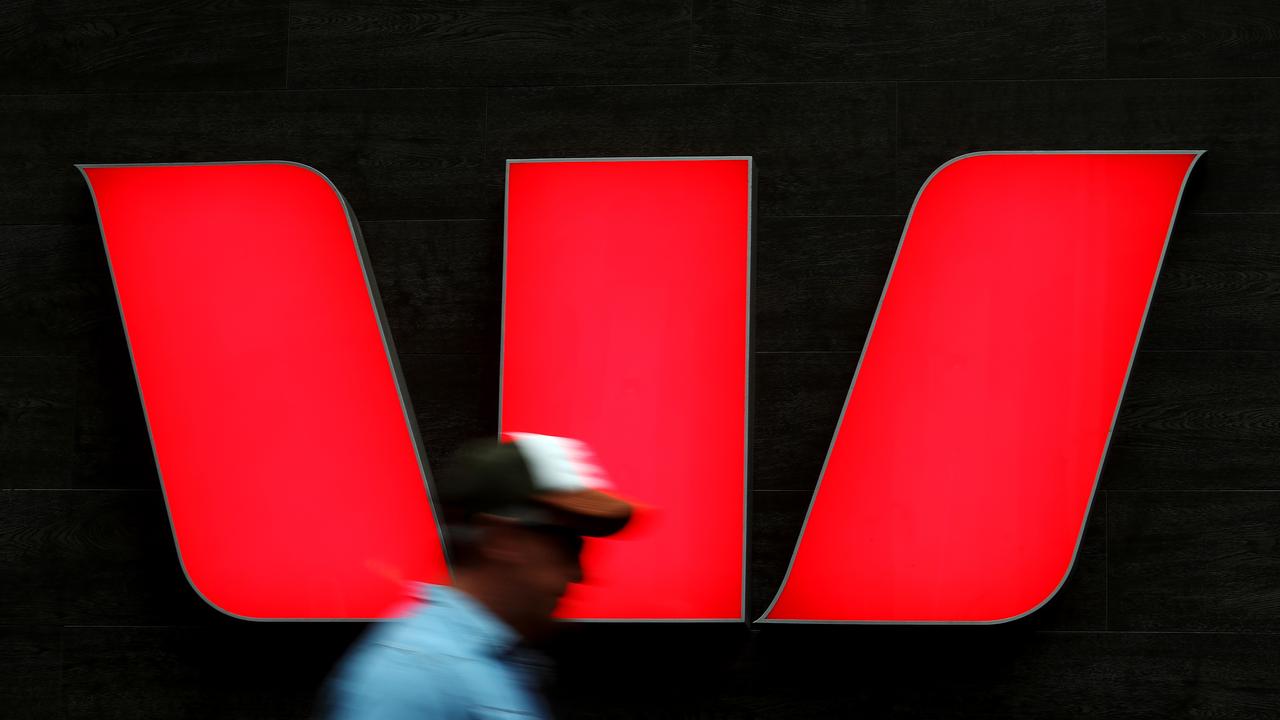Neal seeks to secure a risky business
JOHN Neal would be as frustrated as QBE Insurance Group’s shareholders.
JOHN Neal would be as frustrated as QBE Insurance Group’s shareholders. Just when he thought he was getting on top of the myriad issues that have bedevilled QBE in recent years, another legacy issue has emerged to undermine its performance and destabilise its share price.
QBE issued an earnings downgrade yesterday, a fortnight ahead of the scheduled release of its interim results, saying first-half earnings were now expected to be around $390 million. This is below analysts’ forecasts and well below the $477m generated in the corresponding half last year.
Not surprisingly, QBE shares were buffeted by the announcement, dropping more than 10 per cent to around $10.50.
A year ago the shares were trading around $17.
The key reason for the downgrade is a strengthening of claims reserves by $170m in Latin America which relates to the group’s Argentinian workers’ compensation business. It followed a review of the group’s claims reserves after it experienced an increase in workers’ compensation claims costs that it said followed legislative changes in Argentina in 2012 and 2013, as well as a recent deterioration in the country’s economy.
QBE said it had now adopted new and more sophisticated actuarial models that used significantly upgraded claims inflation factors as well as upgrading its frequency and severity assumptions.
That is keeping with the broader more conservative approach under Neal, who has been simplifying and dialling down the risk of a sprawling global group after decades of acquisition-driven expansion.
QBE’s new conservatism can be seen in an expected $400m fall in gross written premium for the half, from the $8.9 billion it had budgeted for to about $8.5bn.
While QBE said global market conditions had been more competitive than it had anticipated, that decline reflects the new determination to adequately price risk — or to walk away from underwriting risks where the returns aren’t adequate.
QBE has also been impacted by higher-than-expected large individual risk claims which, with the Argentinian issues, will push the group’s combined operating ratio up from the consensus estimate of 93 per cent to around 96-97 per cent. Its insurance profit margin is likely to be around 7-8 per cent, compared with the market’s expectation it would be around 10 per cent.
Stripped of the one-off items, however, the result would have reflected the consensus expectations. The larger group is performing more or less in line with its budgets and analysts’ forecasts, and QBE’s general commentary reflects that.
The troubled North American business, which has been the source of huge write-offs, is generating underwriting profits and an improved combined operating ratio even as QBE continues to reduce its cost base and “right size” the business. Meanwhile, the Australasian operations are expected to report a “strong” underwriting result, the European businesses a result in line with budget and the Asia-Pacific profitable growth.
QBE also said the group’s expense ratio was marginally ahead of budget, which it said reflected strict cost discipline and the accelerating benefits of the transformation program Neal initiated after becoming chief executive in 2012. That program was nearing completion in Australia, fully under way in North America and had recently been launched in Europe, it said.
The program involves simplifying the group’s complex structure — it has been likened to a loose federation of businesses — to create a more centrally directed and controlled business with a much lower-cost operating platform.
QBE desperately needs a surprise-free reporting period, without the legacy and left-field issues that have blighted in its most recent results. That would entail a certain amount of overdue luck.
Insurance businesses, particularly groups as large and as diverse as QBE, are by their nature risky businesses, but they also need the kind of prudent and disciplined management Neal promised and to a significant degree appears to be delivering.
Stephen Bartholomeusz is a columnist for Business Spectator. Visit businessspectator.com.au


